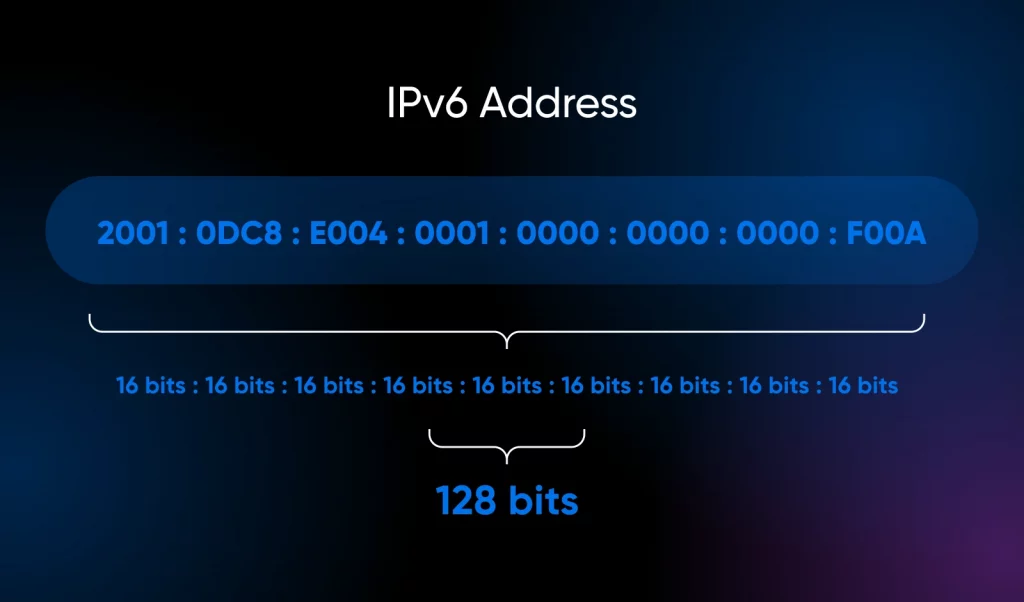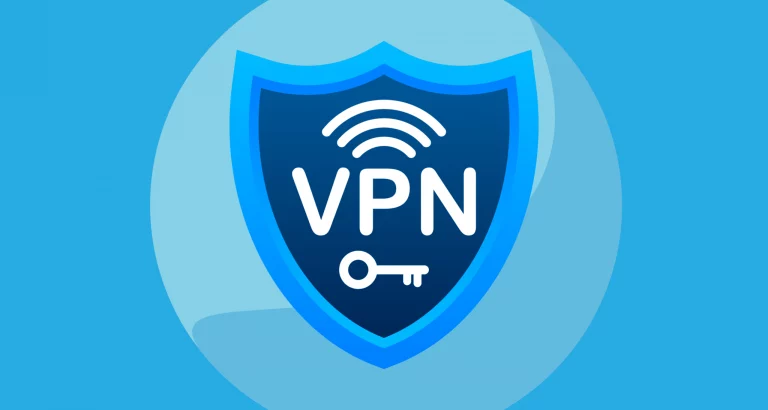
IPv6 Addresses
IPv6 Addresses Next Generation Internet Addressing
IPv6 is the new version of internet protocol which resolved IPv4 problems. Be sure to comment and subscribe, and get used to IPv6 as it will drive the future of the internet and all the devices connected to it, over a much larger address space.
Understanding IPv6 Addresses
Compare with IPv6,IPv4 uses 32 bit addresses,IPv6 uses 128 bit addresses. This huge address space translates to an almost infinite number of identifiable IP addresses so that the worldwide web can cater to the growing number of devices at an exponential rate.
IPv6 notation consists of hexadecimal notation separated by colons, For example:
2001:db8:85a3::8a2e:370:7334
Key Features of IPv6
- Massive Address Space: 128 bit addresses = nearly limitless unique IP addresses eliminates the IPv4 address exhaustion problem.
- IPv6 header is simpler than the IPv4 header. The amount of information that needs processing is low. The IPv6 header is small, as it has simple data structures which result in low processing overhead and high network performance.
- Enhanced Security: It has inbuilt anti malware like ipsec which provides protection against Cyber threats unlike IPv4.
- Quality of Service (QoS) : IPv6 has QoS mechanisms meaning that better network operators are HDIO all the time, the hard way the first time, and this time it feels different traffic ahead of traffic 192.
- Automatic address configuration: There is less manual configuration required for IPv6; Addresses are auto-assigned.
The IPv6 Transition
IPv4 to IPv6 transition is a protracted period of successive invocations of deployment and migration. Challenges are:
- Dual Stack: This method is used by many networks where IPv4 and IPv6 run together as it helps with the smooth transitioning of IPs.
- Protocol/ Application Support: Network hardware, OS and application gets need to get updated for ipv6 support.
- Public Awareness and Education: The public awareness for IPv6 and its benefits is of utmost important for its adoption.
The Future of IPv6
IPv6 is more necessary as the web evolves. It will fuel emerging technologies such as IoT and help meet the increased demand for connectivity IPv4 exhaustion: Moving towards IPv6 gives us a future proof internet for a connected world.
Summary
So the Internet Protocol Version 6 (IPv6) is the future of internet. Of Course, its large address space and improved security and performance is a must for network layer connectivity. Well, now get out there and learn the IPv6.


